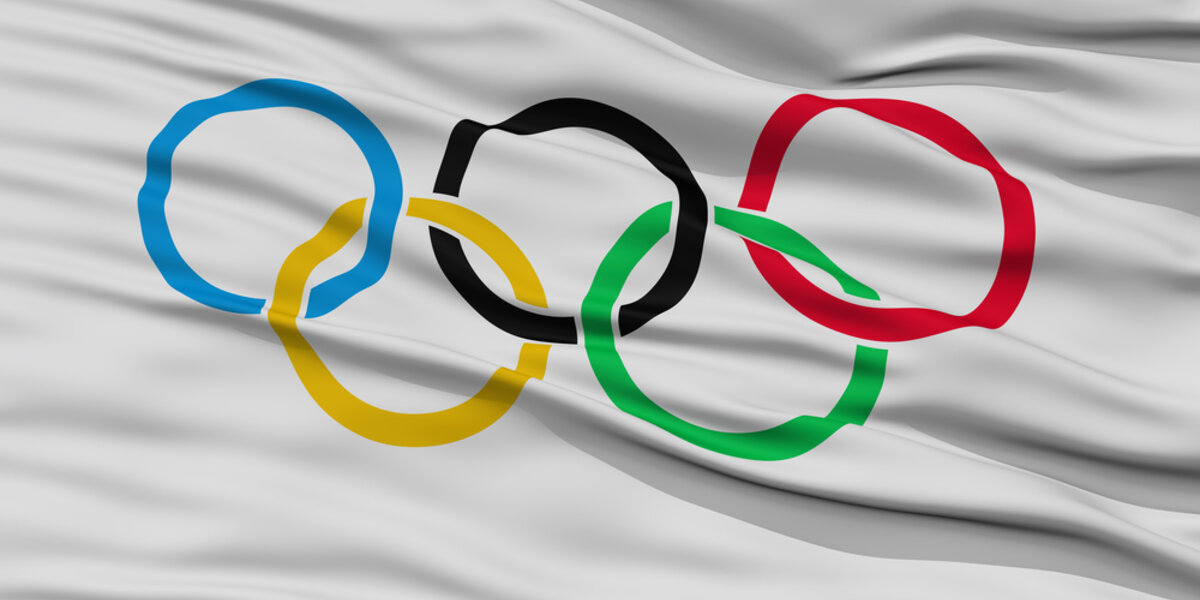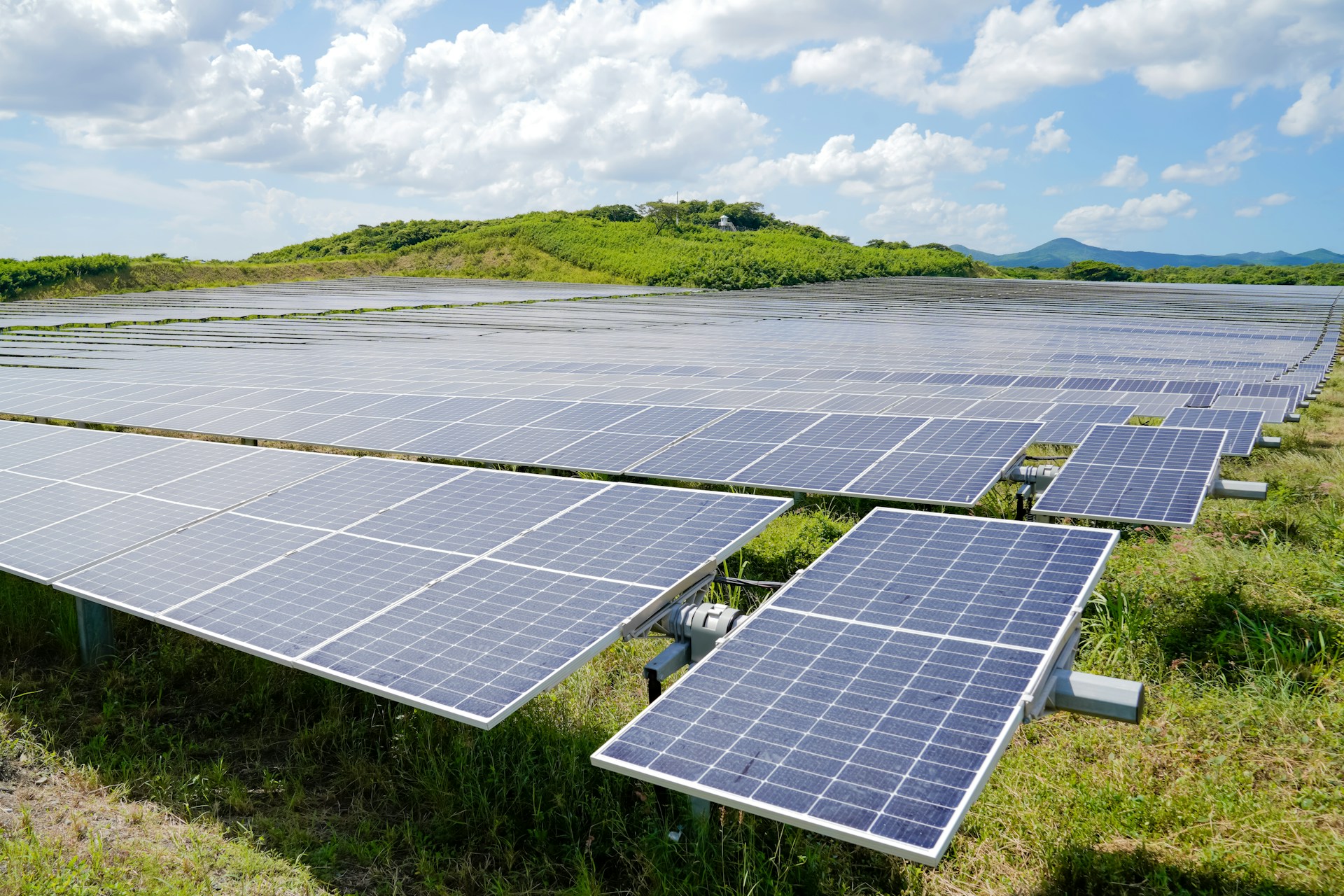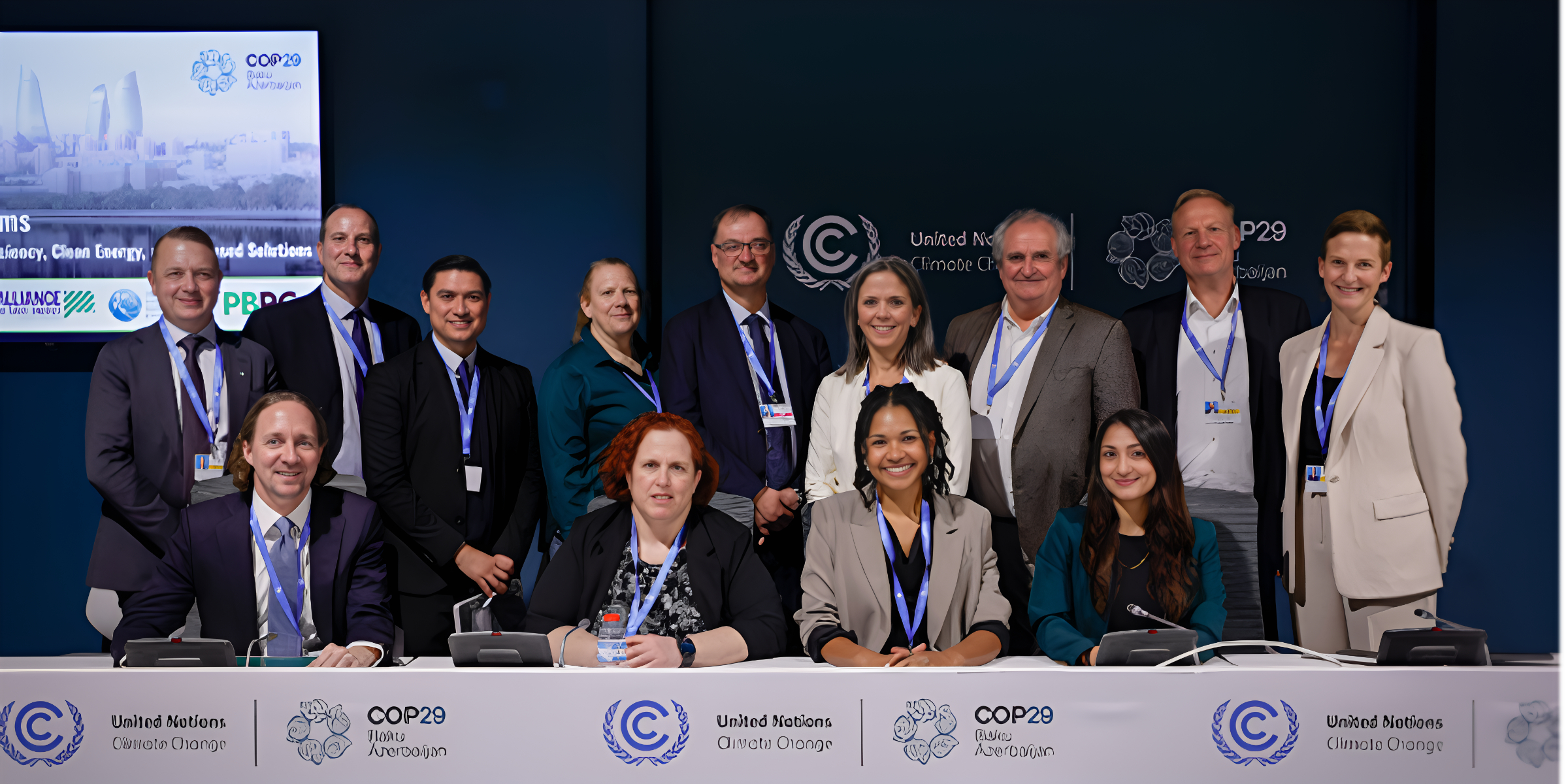When it Comes to Energy Efficiency at the PyeongChang Olympics, South Korea Shows it's Not Playing Games
Let's Save Energy
Alliance to Save Energy's Blog
When it Comes to Energy Efficiency at the PyeongChang Olympics, South Korea Shows it's Not Playing Games

When PyeongChang, South Korea, was chosen to hold the 2018 Winter Olympics, its organizing committee, PyeongChang Organizing Committee for the 2018 Olympic and Paralympic Winter Games (POCOG), set out on an ambitious course to showcase their country as a model for delivering a world class event in an environmentally sustainable fashion. Here are some things that POCOG focused on to accomplish their goals:
High Speed Railways:
POCOG, established in 2011, set as one of its top priorities improving its transportation system to help meet its goal of holding a low-carbon Olympics. One project recently completed was the construction of a 120.7km high speed railway between Wonju and Gangneung, connecting the Incheon International Airport and PyeongChang and Gangneung via the Seoul Station and the Cheongnyangni Station. High speed trains can carry each passenger with up to 8 times less carbon footprint than travel by gasoline vehicle. The new railway will shorten the overall trip time from about 6 hours to less than 2 hours. In addition, the Committee says that “6,654 metric tons of GHG emissions can be reduced if 420,000 visitors choose to use Wonju-Gangneung express railroad in lieu of personal vehicles.”
Electric Vehicles:
In another effort made by South Korea to lower its energy consumption, POCOG signed an agreement with the Korea Electric Power Corporation (KEPCO) to provide Olympic operational staff with the use of electric vehicles. Electric vehicles are estimated to be nearly twice as efficient as traditional E10 gasoline internal combustion engine vehicles, even on a well-to-wheel basis that accounts for the full lifecycle of producing the electricity, transporting it to the charger and using it. KEPCO will provide 150 electric vehicles and has installed 24 additional EV charging stations to be used during the Games. These vehicles will continue to be used by KEPCO after the Olympics. The quick charging stations will also remain, providing infrastructure to support the continued and expanded use of efficient electric vehicles.
Green Buildings:
POCOG built six new sports venues for the Olympics that obtained a Green Building Certification (G-SEED) and five that received a Building Energy Efficiency Certification (BEEC). These certifications were developed by the South Korean government’s Ministry of Trade, Industry, and Energy, and the Ministry of Land Infrastructure and Transport. G-SEED is a rating tool for buildings that consume less energy and reduce pollution throughout its life cycle, from design to construction and maintenance, while the BEEC’s mission is to promote new construction of energy-efficient buildings and efficient energy management.
To achieve these certifications, POCOG made sure that its new venues incorporated many energy efficient features. Gangneung Ice Arena, for example, is designed to save energy by including efficient insulation, airtight doors and windows, daylight control and a water circulation system. The Olympic Sliding Centre incorporates energy saving elements such as LED track lighting, hybrid security lighting and water saving features. Best of all, South Korea intends to use these well designed facilities long after the Games are over, leaving the local community a lasting legacy while allowing the benefits of energy efficiency to continue.
Aside from these games, South Korea as a whole is already doing fairly well on efficiency; the country ranked 8th out of 23 countries examined in a 2016 report by ACEEE (tied with the United States).
The organizers successfully included a number of key measures to reduce energy use associated with these Olympic games, and that’s laudable. Bravo!
And now… Let the games continue!
RECENT BLOG POSTS
STAY EMPOWERED
Help the Alliance advocate for policies to use energy more efficiently – supporting job creation, reduced emissions, and lower costs. Contact your member of Congress.
Energy efficiency is smart, nonpartisan, and practical. So are we. Our strength comes from an unparalleled group of Alliance Associates working collaboratively under the Alliance umbrella to pave the way for energy efficiency gains.
The power of efficiency is in your hands. Supporting the Alliance means supporting a vision for using energy more productively to achieve economic growth, a cleaner environment, and greater energy security, affordability, and reliability.



